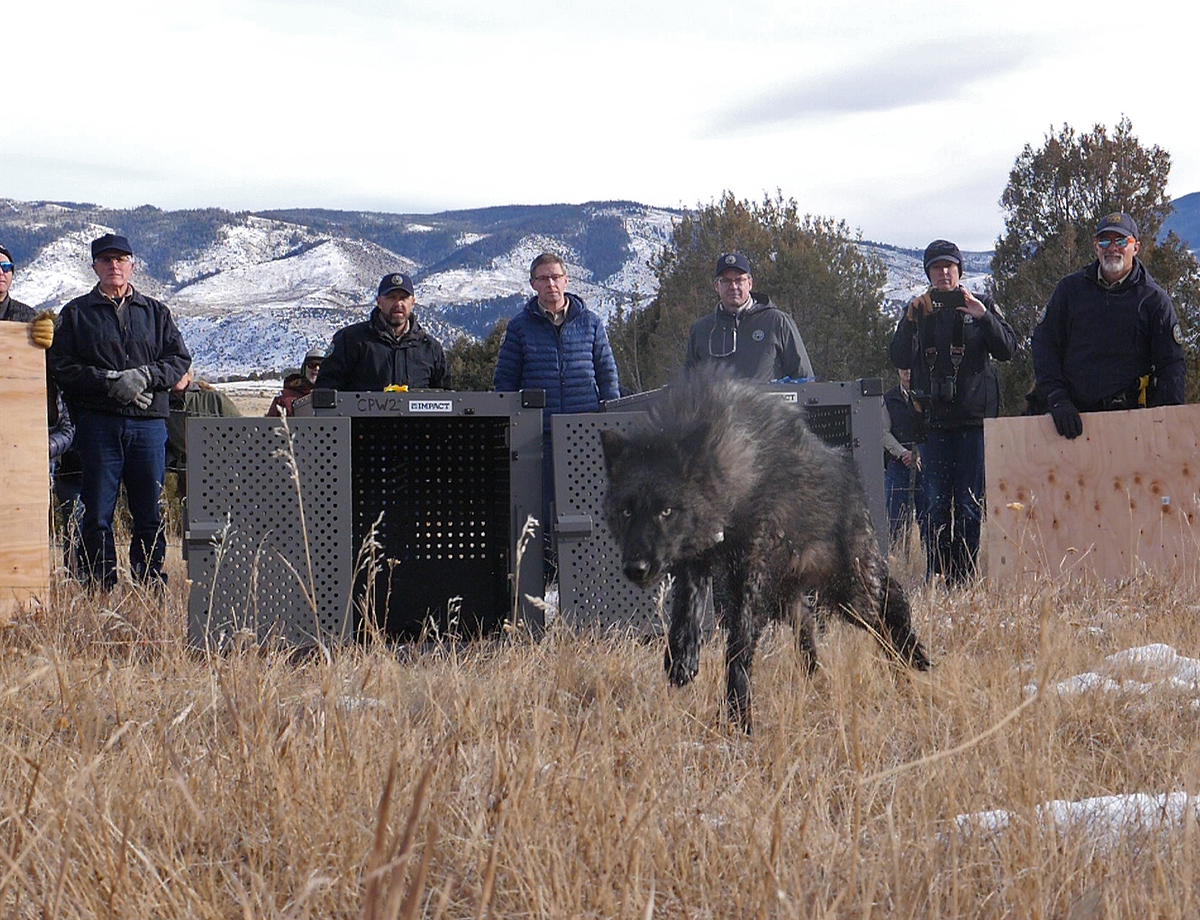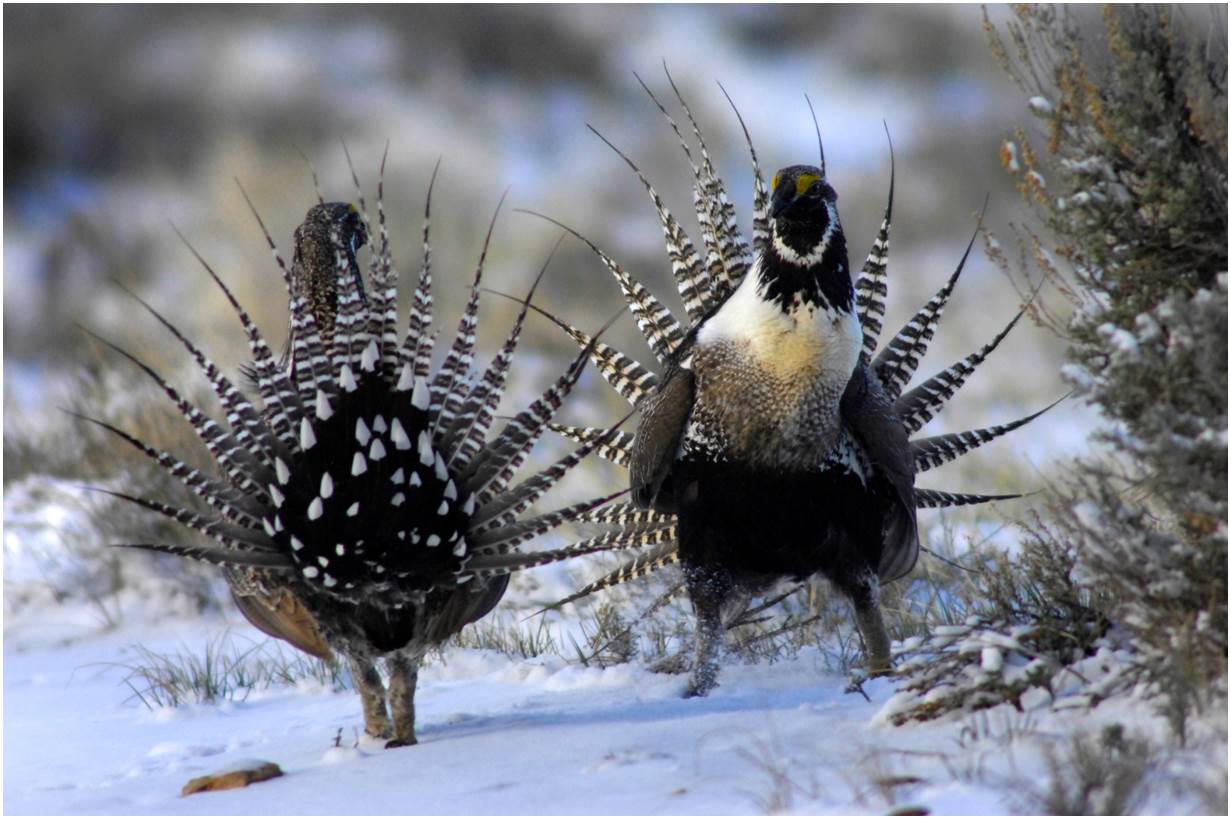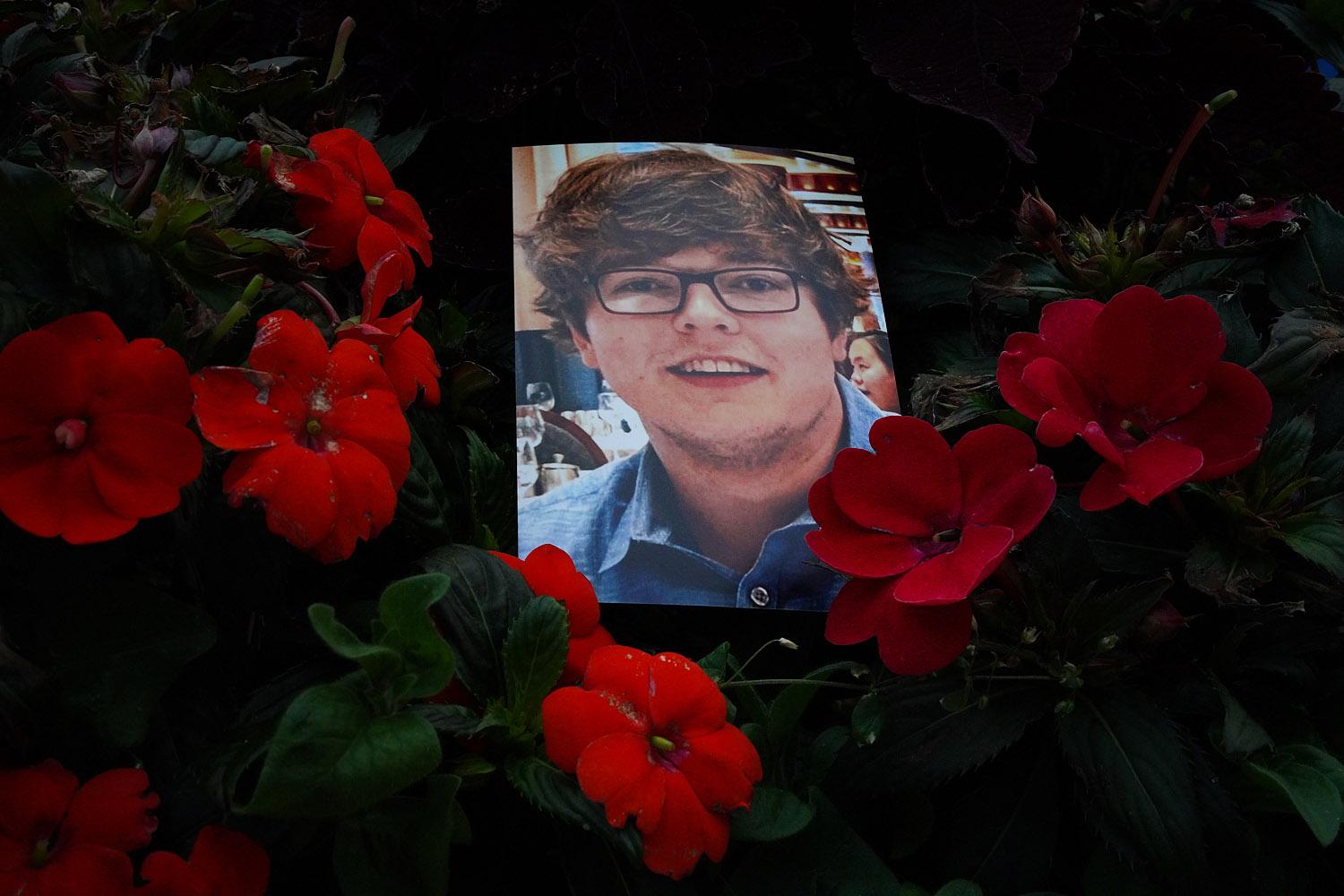Originally published on May 9, 2014 8:45 am
Colorado’s legislative session wrapped up on a muted tone Wednesday with most major bills already tied up before the closing gavel fell. This session was relatively calm compared to the previous, when Democrats pushed through historic and controversial proposals.
Probably the biggest victory of the session was the creation of an aerial firefighting fleet to try and contain wildfires within the first hour after they’re spotted. Senator Steve King (R- Grand Junction) was behind the $20 million proposal.
The state’s Republicans said it’ll be a huge benefit for the upcoming wildfire season.
“It’s not just a win for Colorado for our security,” said Senate minority leader Bill Cadman (R-Colorado Springs). "It’s a win for the 44 million people who drink water that starts with snowflakes in Colorado.”
Its passage was significantly boosted after a report from The Colorado Division of Fire Prevention and control said an aerial fleet would save money, homes and lives. Republicans also credit Democratic Senate President Morgan Carroll of Aurora who got on board to make it a reality.
“We had closed the budget we didn’t have an initial way to pay for this, it was a heavy lift, and it came in response to one senator’s passion to get the evidence that some upfront money would save us money and a higher tail end cost to the state,” said Carroll.
It also helped that Colorado had more funds to work with in 2015’s budget. The rebounding economy meant lawmakers had hundreds of millions of dollars to put back into higher education and K through 12 schools, after deep cuts during the recession. While bipartisan, the budget also had detractors, like Republican House Minority Leader Brian Del Grosso of Loveland who voted against it.
“The process could’ve been better, the product could’ve been better,” said Del Grosso. “We could’ve put more resources into infrastructure.”
However, Del Grosso credits the additional money for making the overall session smoother.
“Obviously you can do a lot more things. Everybody likes that compared to where we were a couple years ago when you have to cut a billion dollars, everybody’s kind of running and ducking for cover,” said Del Grosso.
Lawmakers also added money for victims of the 2012 Lower North Fork Wildfire, which started as a controlled burn and ended up killing 3 people. Tax credits to help flood and wildfire victims who lost their homes also passed both chambers along with grants to repair damaged infrastructure.
Democratic Speaker of the House Mark Ferrandino thinks the September floods forced lawmakers come into the session with a more serious tone.
“A lot of people said lets put the gamesmanship and the feigned indignation and fighting we do we do sometimes just for theater aside, and just get the work done,” Ferrandino said.
Democrats still control the legislature, but their agenda was not as ambitious as 2013, when lawmakers passed gun control laws, a renewable energy standard for rural electric coops, civil unions, and in-state tuition for children of people brought into the country illegally.
Ferrandino – who is term-limited – said he has no regrets.
“We went from a one seat minority to a nine seat majority and we accomplished what we told voters we would do,” said Ferrandino. “And I think whether its renewable energy or whether it’s equal rights, whether it’s gun safety legislation. I’m proud of the record we’ve had over the last two years.”
The one issue that didn’t pass was a proposal to try and give communities dealing with oil and gas drilling more control over noise levels and set back distances from homes and schools. Governor John Hickenlooper’s administration has been working with a large number of stakeholders from homebuilders, to energy companies and environmentalists to try and come up with a solution.
“We made tremendous progress and it was enough progress so it’s worth continuing to talk,” Hickenlooper said.
The goal is to avoid a fight at the ballot box in November when a proposal to allow cities and towns to ban fracking could go before voters.
“I think on both sides there is a part of each constituency that is raring for the fight,” Hickenlooper said. “They think they’re going to win and it’s going to help their candidates and their constituents.”
The Governor – who is also up for re-election in the fall – said Colorado would be better served with a compromise, adding that he’s open to calling lawmakers back to the capitol this summer for a special session to pass oil and gas legislation.
With both sides still stuck on several issues, Hickenlooper said he gives it a 50-50 shot.
Look Back To The Start: Colorado Legislature Opens 2014 With A Call For Collaboration Rather Than Confrontation
Copyright 2017 KUNC. To see more, visit KUNC.









